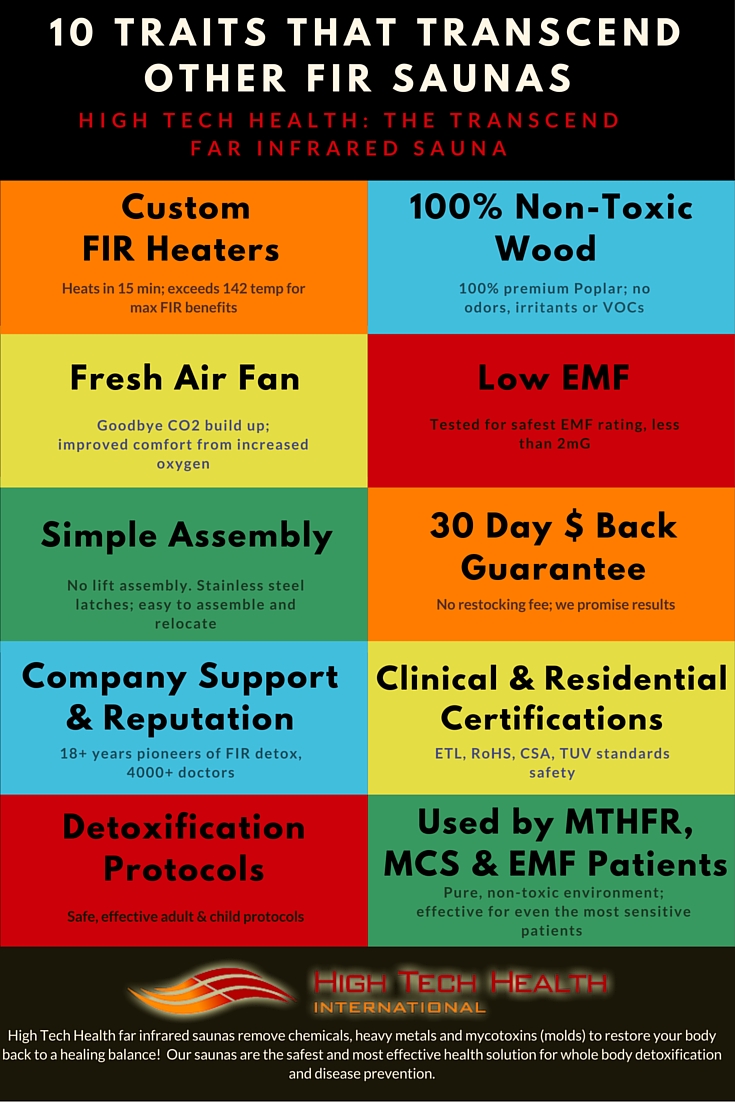Are your eating habits making you FAT?
For the average “weight loss” specialist, calorie reduction and exercise are the mainstay of their weight loss programs. I think the best word to describe the plight of most people trying to lose weight is FRUSTRATION!
This frustration is due to the fact that the weight loss program being practiced is not going to lead to lasting weight loss. Lasting weight loss or much more importantly FAT loss requires a complete transformation of daily habits. It also necessitates finding the real issue (aka cause) for fat gain.
When it comes to weight loss, you can be so right and yet be completely wrong.
Does sugar free and fat free work?
As I have seen it, the focus of people trying to lose weight is set on “low-fat” and “sugar-free” foods. On the label, it looks like a dieters dream but in the body, it is an inflammatory mess. And if the pro-inflammatory effect wasn’t enough, these foods aren’t satiating, and many of them even trigger hunger signals.
Turn down the inflammation
Fat cells generate inflammatory chemical messengers (called cytokines), and those chemicals eventually trigger a reaction for cells to stop listening to two important hormones: insulin and leptin.
So, if you are going to bump the FAT forever, you have to get the inflammation under control. Inflammation decreases the cells sensitivity to insulin and leptin.
When cells become resistant to insulin, glucose gets converted into fatty acids and stored as fat instead of being used as energy. NOT WHAT WE ARE LOOKING FOR!
When the hypothalamus becomes resistant to leptin, the hormone that indicates satiety, people will consume more calories than necessary. Also, NOT WHAT WE WANT!
Load up on the good stuff
As a dietary starter, this requires eliminating foods that are inflammatory, such as processed sugars, synthetic sweeteners, hydrogenated oils, over-cooked foods, and foods a person is allergic to. You can make it really easy on yourself by simply just eliminating food items that come in a box.
In addition to switching to a whole foods based diet, specific anti-inflammatory nutrients should be added. Omega-3 fatty acids and probiotics should be at the top of the list, as well as magnesium, curcumin, and ginger to name a few.
This is what we call a long-term, sustainable solution!





Recent Comments